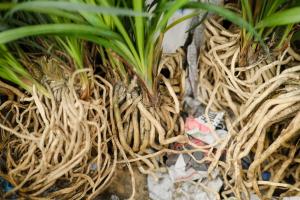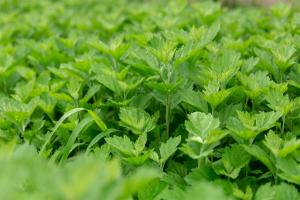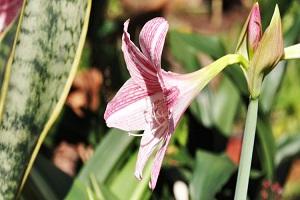Introduction
As a plant owner, one of the most common questions is whether tap water is a suitable source of hydration for your beloved greens. While tap water may seem like a convenient and cost-effective solution, there are several factors to consider before deciding whether to use it for your plants.
Water Quality
The quality of tap water can vary depending on where you live. Some areas have high levels of chlorine, fluoride, and other chemicals that can be harmful to plants. These chemicals can accumulate in the soil over time, potentially damaging the roots and stunting growth. Additionally, hard water with high levels of minerals like calcium and magnesium can create mineral buildup in the soil, which can harm your plants. It is essential to test your water before using it and evaluate the potential risks to your plants.
Plant Species
Not all plants have the same water requirements. Some plants, such as succulents and cacti, prefer drier conditions and can tolerate tap water with higher mineral content. In contrast, plants like ferns and orchids require clean, purified water with minimal amounts of chemicals. Understanding your plant's specific needs is crucial in deciding whether tap water is the right choice for them.
Alternatives to Tap Water
If you are concerned about the quality of your tap water, there are several alternatives you can use to hydrate your plants. Rainwater is an excellent option for plants as it is naturally filtered and free of chemicals. You can collect rainwater in a barrel or use a rain chain to redirect the flow from your roof. Another option is to use filtered or purified water from a home filtration system, such as a reverse osmosis system or a carbon filter pitcher. These systems can remove unwanted contaminants and create pure water for your plants.
Conclusion
Deciding whether to use tap water for your plants ultimately depends on several factors, including water quality, plant species, and personal preference. While tap water may initially seem like the most convenient option, it is essential to evaluate your water quality and plant needs before making a decision. By understanding your plants' requirements, you can create a suitable watering routine to keep them healthy and thriving.

 how many times do yo...
how many times do yo... how many planted tre...
how many planted tre... how many pine trees ...
how many pine trees ... how many pecan trees...
how many pecan trees... how many plants comp...
how many plants comp... how many plants can ...
how many plants can ... how many plants and ...
how many plants and ... how many pepper plan...
how many pepper plan...































